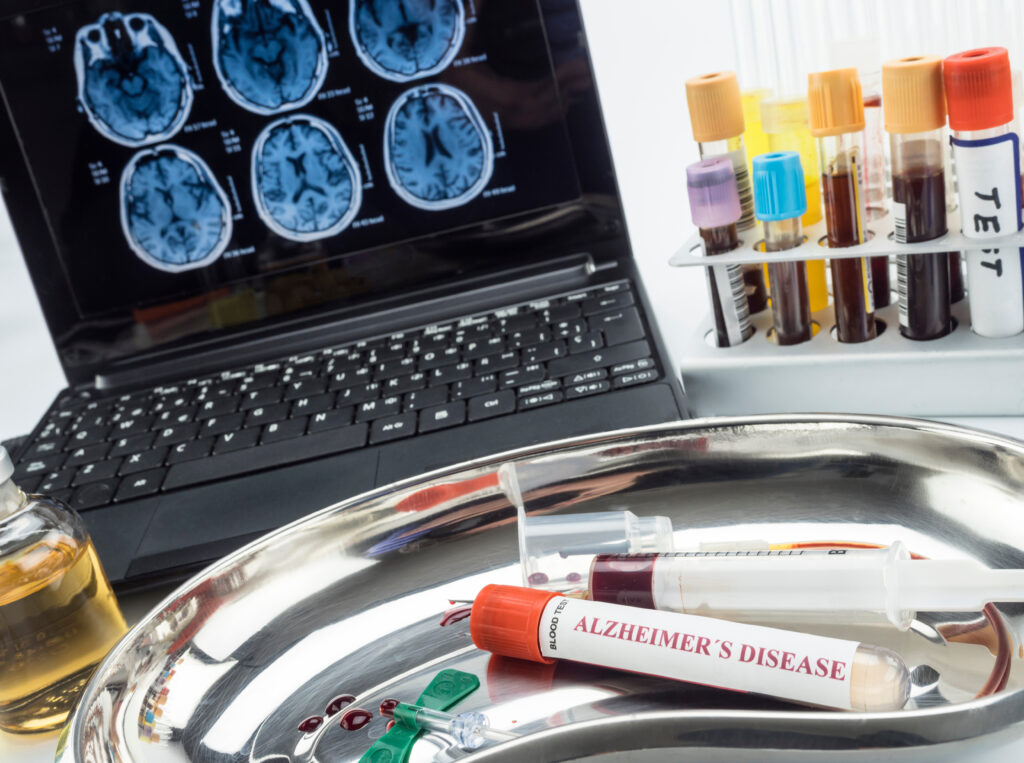Cognitive stimulation is a powerful tool in the fight against dementia. It involves engaging in activities that challenge the brain and help maintain cognitive function. This approach can be particularly beneficial for individuals with mild cognitive impairment (MCI) or early stages of dementia, as it may help slow down the progression of the disease.
### How Cognitive Stimulation Works
Cognitive stimulation can take many forms, including puzzles, reading, learning new skills, and social interactions. These activities stimulate different parts of the brain, promoting mental health and potentially enhancing brain function. For example, engaging in mental exercises like chess or puzzles can improve problem-solving skills and memory. Similarly, social interactions can support brain health by reducing feelings of loneliness and isolation, which are common among older adults.
### Benefits of Cognitive Stimulation
Research has shown that cognitive stimulation can improve cognitive functions in individuals with MCI. Studies using tablet-based cognitive stimulation programs have demonstrated improvements in global cognitive function, memory, and working memory. Additionally, these interventions can reduce symptoms of depression and anxiety, which are often associated with cognitive decline.
### Non-Pharmacological Interventions
Non-pharmacological interventions, including cognitive stimulation, physical activity, and social engagement, are gaining attention as effective ways to manage dementia. These approaches focus on enhancing quality of life and slowing disease progression without relying on medication. Assistive technologies are also being developed to support these interventions, helping individuals with dementia stay engaged in activities and maintain their independence.
### Future Directions
While cognitive stimulation shows promise, more research is needed to fully understand its effects on dementia progression. Studies are exploring how different types of cognitive stimulation impact brain activity and cognitive function. By combining cognitive stimulation with other non-pharmacological interventions, healthcare providers can develop comprehensive strategies to support individuals with dementia and improve their overall well-being.
In summary, cognitive stimulation is a valuable tool for managing dementia. By engaging in mentally stimulating activities and social interactions, individuals can potentially slow the progression of cognitive decline and improve their quality of life. As research continues to evolve, cognitive stimulation will likely play an increasingly important role in dementia care.



